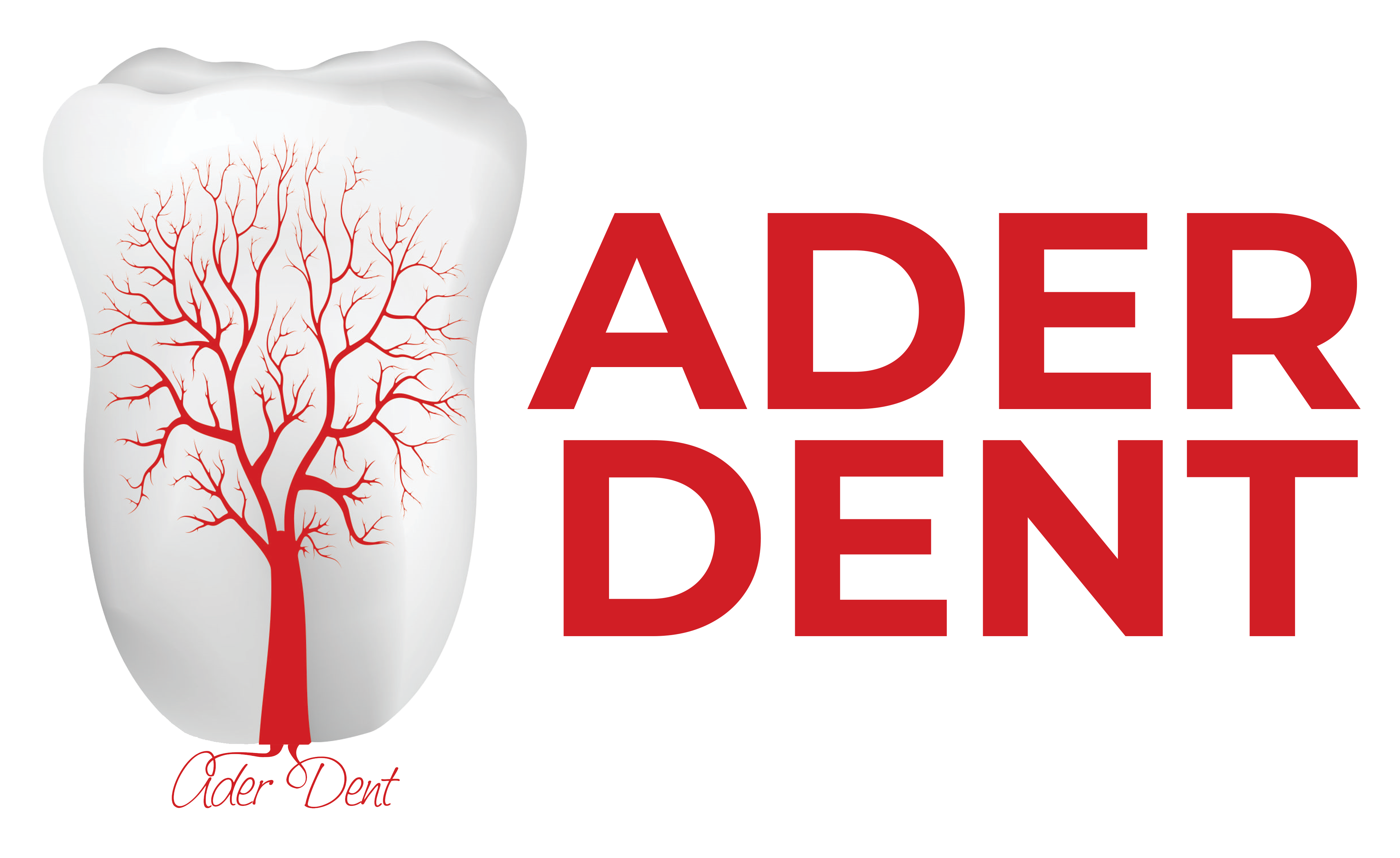What Is a Dental Prosthesis?
A dental prosthesis refers to artificial teeth used to replace those lost due to decay, trauma, or other health issues. These artificial teeth are not only important for aesthetics but also play a critical role in maintaining essential functions such as chewing and speaking. Commonly known as dentures, modern prostheses are now custom-designed and offer a highly natural appearance.
What Is the Aim of Prosthetic Dental Treatment?
Prosthetic dental treatment is not only about replacing missing teeth with artificial ones—it also aims to improve the patient's overall quality of life. With prosthetic dental treatment:
- Chewing function is restored to normal.
- Speech disorders are prevented.
- Shifting or tilting of remaining teeth is avoided.
- Facial aesthetics are preserved.
- Psychological confidence is improved.
Types of Dentures
Fixed Dentures
Fixed prostheses are attached or screwed into place and cannot be removed by the patient. These are generally used in the form of crowns and bridges. They can be made from porcelain fused to metal or full ceramic materials.
Removable Dentures
These are used in cases of multiple tooth loss or complete edentulism (loss of all teeth). They can be inserted and removed by the patient. Indications include:
- Complete tooth loss (full dentures)
- Partial tooth loss where fixed prosthetics are not possible (partial dentures)
Implant-Supported Dentures
Implant-supported dentures are more comfortable and longer-lasting than both fixed and removable prostheses. Titanium screws are inserted into the jawbone, and the prosthetic tooth is then anchored. They offer the most natural feel, closest to real teeth.
Advantages of Dental Prostheses
- Aesthetic: Ceramic and porcelain materials provide a natural tooth appearance.
- Functional: Chewing power is fully restored.
- Comfortable: Especially with implant-supported prostheses, issues with chewing and speech are minimal.
- Durable: With proper care, prostheses can last over 10 years.
Use and Maintenance of Dentures
- Should be gently cleaned daily with special denture brushes.
- Removable dentures should be taken out at night and stored in special cleaning solutions.
- Hard and sticky foods should be avoided.
- Regular dental check-ups every six months are recommended.
- If there is pain, looseness, or sores in the mouth, a dentist should be consulted immediately.
Important Considerations in Prosthetic Dental Treatment
- If implants are being considered, bone density must be properly assessed.
- Systemic conditions such as diabetes or osteoporosis should be disclosed to the dentist.
- Aesthetic expectations should be clearly communicated.
- The adjustment period for a prosthesis varies by individual—patience and adaptation are key.
The Process of Getting a Dental Prosthesis
The treatment process begins with a detailed examination of the patient’s oral structure and necessary imaging. Based on the patient’s needs and expectations, the appropriate type of prosthesis is selected.
The next steps include taking impressions, creating models, and custom-designing the prosthesis. Finally, the prosthesis is placed, and the adaptation process is monitored. During this phase, patient feedback is important, and adjustments may be made if necessary.
Common Problems with Dentures and Their Solutions
Denture users may sometimes experience discomfort, difficulty speaking, or looseness. Regular check-ups help detect such issues early. Loose dentures can be realigned, and medical support can be provided for oral sores. It is also essential to follow care and usage instructions to avoid damage to the prosthetic materials.


 TR
TR







